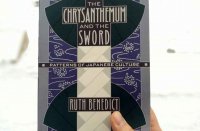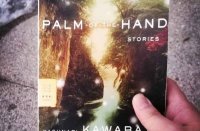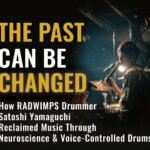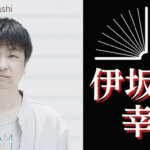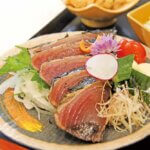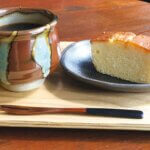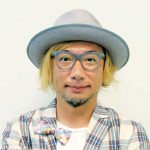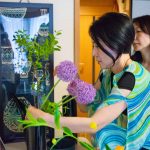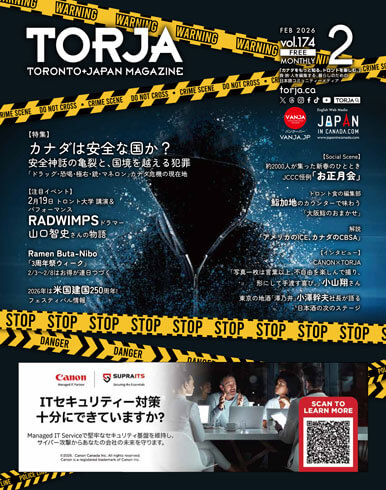Through the perspective of 17-year-old Yuki, the internment is experienced through an experiential augmented reality (AR). East Of The Rockies is a narrative app written by the acclaimed writer, Joy Kogawa and co-produced by the National Film Board
In 45 minutes, Yuki’s family is forced into the Slocan internment camp, is later isolated in a farm in southern Alberta. Yuki, the narrator, is voiced by Kogawa’s 21-year-old grandchild, Anne Canute.
“I found it completely thrilling and amazing that, at my age, I kind of fell into this. It makes me feel connected to younger people,” says Kogawa at the Reel Asian headquarters at 401 Richmond.
Jam3, a Toronto-based developer, approached Kogawa with the idea two years ago. Despite the writer’s lack of knowledge about AR technology, she was excited by the potentiality of the project. Kogawa, now 84, was six when she and her family were interned. In 2019, users can zoom in on specific objects like a record player or drawing, and explore the wooden cabins.
The federal government, between 1943 and 1946, sold all Japanese-Canadian-owned property. Racism, xenophobia, displacement, belonging, and the repercussions internment had on future generations is scrutinized in East Of The Rockies. After the war, Japanese-Canadians were forced to choose either be deported to Japan, a place that is unfamiliar to the majority of Japanese Candians, or to move east of the Rocky Mountains, which most of them chose and were, subsequently dispersed across the country and were unable to rebuild their communities, and 90 per cent married non-Japanese people resulting in not having Japantowns anywhere in Canada.
“‘Japanese-Canadian’ was an identity that was imposed by society and events,” says Kogawa. “I always wanted to escape that because it seemed like such a horrible identity, to be seen as the enemy.”
“[The internment] is such a small story in the world, and yet I feel like it was a great privilege to live through it; because it was like a shadow of an experience without going through the horrors of when that kind of racism is lived out fully – as genocide,” she says.
“It’s important that if you see the shadows, to sound the alarm.”
Kogawa is now a member of Japanese Canadians for Social Justice, currently working on new pieces for the future Asia-Pacific Peace Museum in Scarborough. Expanding issues she wrote of in her 2016 memoir, Gently To Nagasaki, this project seeks to acknowledge the atrocities committed by Japan’s imperial army in Asia during the Second World War.
“I’m in physical, mental and cognitive decline,” Kogawa says matter-of-factly. “But in the midst of this decline, I think of it like there’s a seed that grows as a flower falls apart. The seed that’s within me is about forgiveness and thankfulness.”


